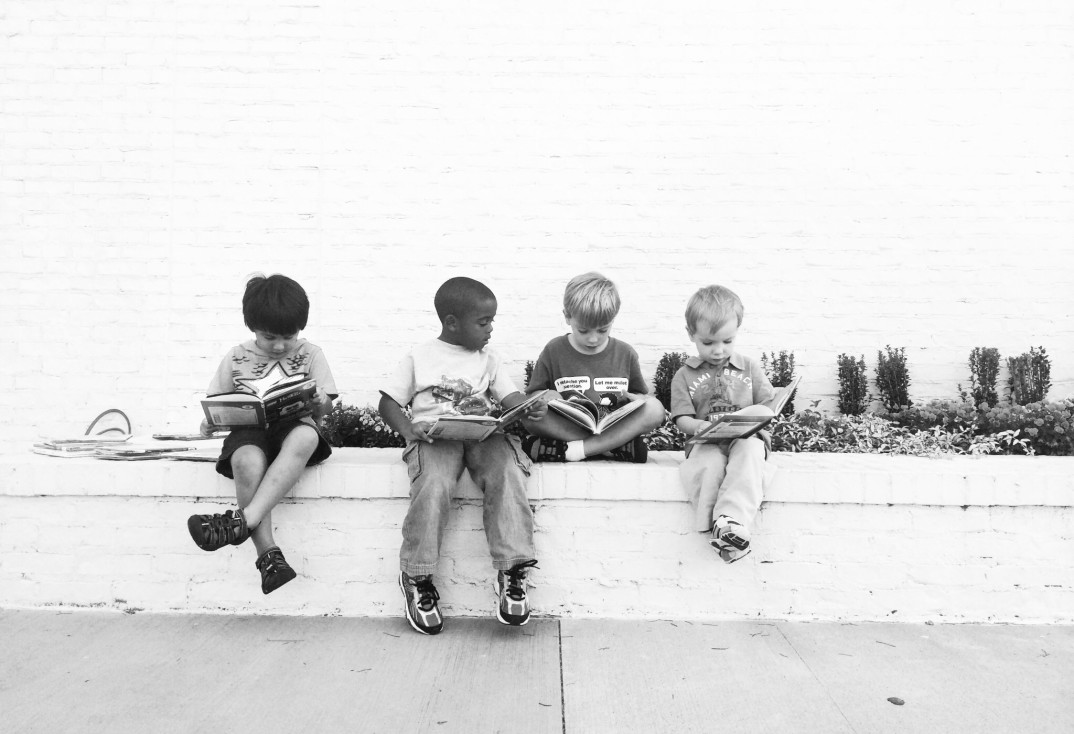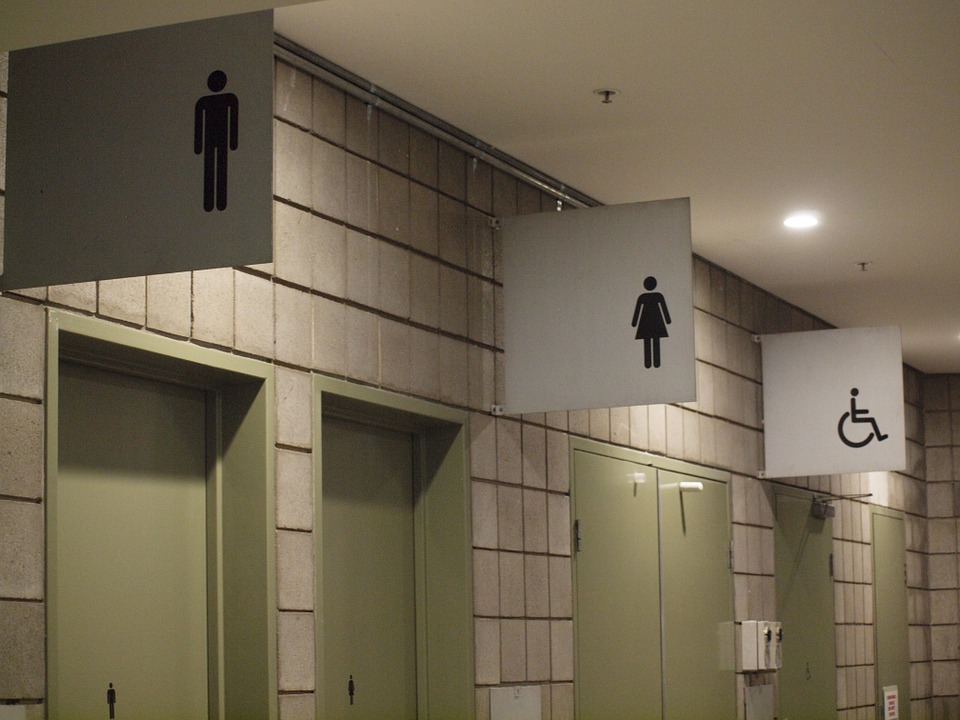An Expectation of White Allies
Hello, White Allies.
I honestly do not expect every white person to know when they are offending me, but when I say that you are offensive, just accept and apologize. When you do not accept it, you are silencing my experience. My experience is important as it highlights the inequalities in America. It allows for other people from different backgrounds to interpret and understand that certain racial injustices do exist. As people began to understand these injustices, they are able to find proper ways to fight against them. This battle is bigger than any single person on this campus. My point in addressing Kappa Alpha Theta’s decision to wear Afros was not to shame them, but use them as an example of why the perpetuation of Black dehumanization still exists. The importance of highlighting this fact is to draw to all of your attention to the meaning of dehumanization: “the psychological process of demonizing the enemy, making them seem less than human and hence not worthy of humane treatment.” Perpetuating dehumanization normalizes issues such as police brutality, structural racism, and other injustices in America. If this continues to be normalized, then how do you expect our race to make progress?
I understand that some of the women apart of this fraternity may indeed fight for Black lives and claim themselves to be allies, but unfortunately, sometimes white allies make mistakes. You all do not know the complete history of Black culture. You are not able to identify things that you do not see on a daily basis. So, when I am telling you that Black Afros and White Afros are two different textures – just as curly is to coily; when I am telling you that the texture I witnessed on white women’s head at Greek God and Goddess dance was too close to Black texture, believe me. One would not know the difference unless one is Black and being oppressed for having this hair type every single day — so I forgive your ignorance.
A real ally would take full responsibility, apologize, and raise awareness that appropriation is real. White allies are important because they are the ones who hold privileges that I do not have. You all can easily sway the opinions of this university simply because you make up the majority. You all can easily change the laws that were created to oppress me because you have the same skin color as the group that is empower. But, in order to make changes and fight with me, you have to humble yourself. White allies must admit to being wrong when wrong, do some research, and stand behind Blacks. As you can witness from the rebuttal I received from my last article, Blacks’ experiences are easily silenced and swept under the rug. So, instead of saying things such as “I helped fight for you before,” say “I apologize” and support me as I decide what is best for me and my community. I should not have to challenge my white allies to make you understand that you are hurting me.
This Op-Ed is about current events at DePauw University. For more context, check out Ms. Jones’ Op-Ed from the previous week and the Op-Ed written in response.





